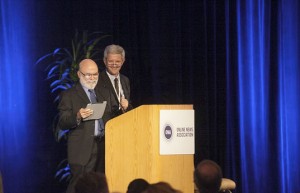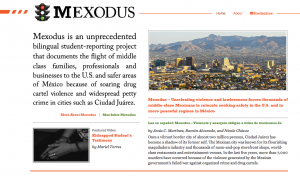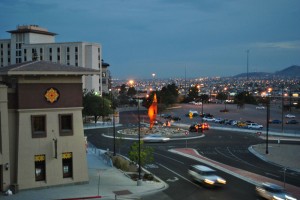Businesses that migrated to El Paso still maintain their Juarez roots
|
EL PASO – The violence in Ciudad Juarez has had a huge impact in the cross-border area economy in recent years as businesses relocated here to become successful enterprises. The emigrating business owners, however, did not sever all ties to Juarez. The drug war and the climate of criminality it spawned took a huge toll on the Mexican economy, closing down businesses, chasing away clientele and most importantly stemming cash flow. This caused a large number of establishments to slash prices, cut jobs and eventually just close down. Many Mexican investors took a leap of faith and transferred their assets across the border to find a safe environment where their business would flourish.



